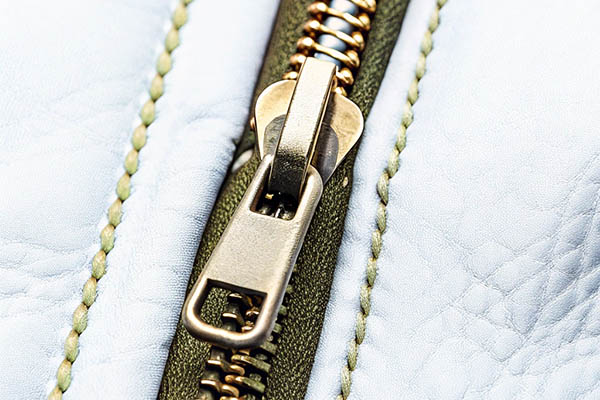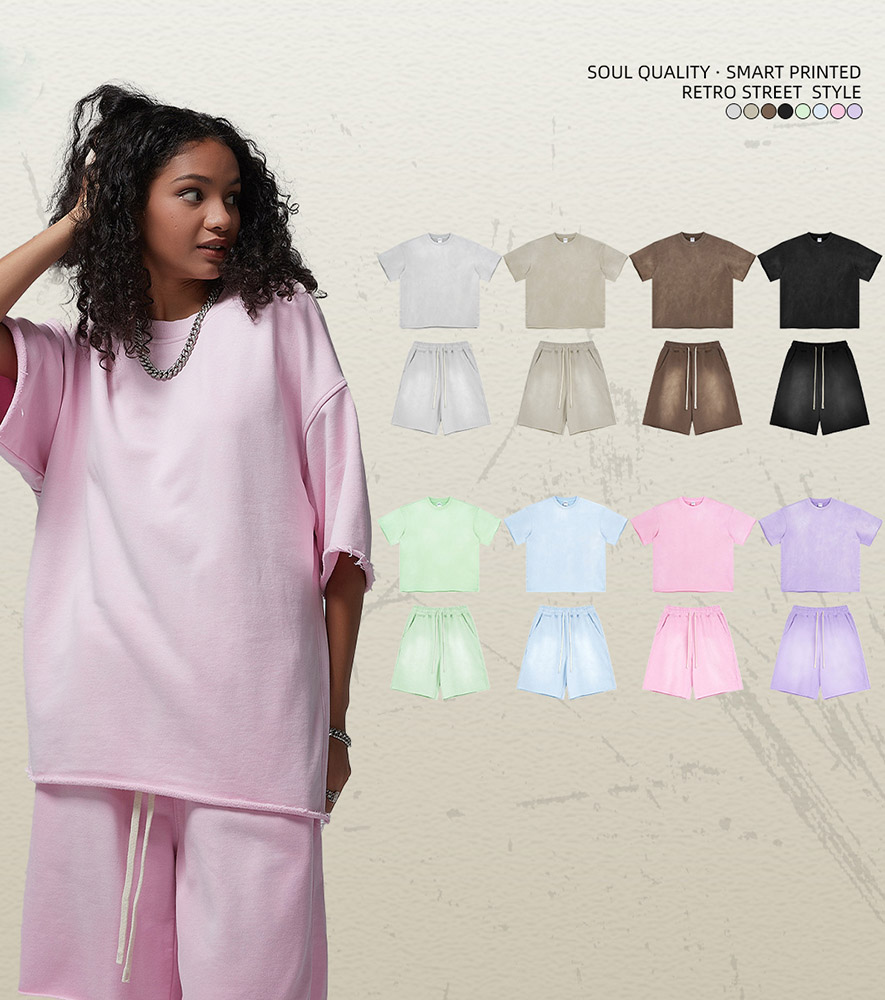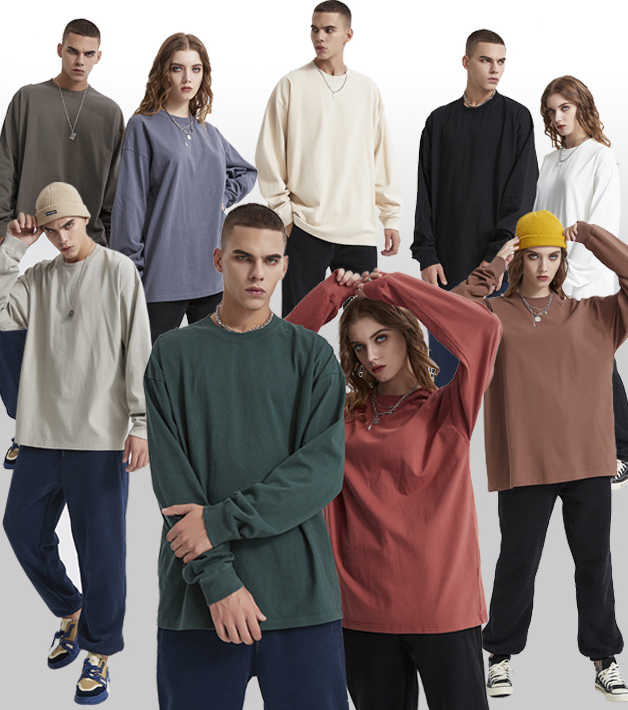Zippers are a small but essential part of many products—from jackets to luggage to outdoor tents. If you’ve ever had one break at the worst possible moment, you know how important durability can be. So, which type of zipper stands the test of time?
The most durable type of zipper is the metal zipper, thanks to its strong metal teeth, high resistance to tension, and long lifespan. Metal zippers are commonly used in heavy-duty applications like jeans, workwear, and luggage.
But durability depends on more than just the material. Let’s dive into why metal zippers1 are the strongest and how other zipper types compare.

Why Are Metal Zippers Considered the Most Durable?
When it comes to longevity and strength, metal zippers consistently outperform their counterparts. But what makes them the top choice for durability?
Metal zippers are considered the most durable because their interlocking metal teeth are stronger and more resistant to wear compared to plastic or coil zippers2. Materials like brass, nickel, and aluminum provide excellent strength under pressure.
Unlike other zippers, metal zippers feature teeth that are individually inserted and clamped onto the zipper tape. This construction results in superior durability.
Key Advantages of Metal Zippers
-
High Tensile Strength:
Metal teeth can withstand greater pulling forces, making them ideal for heavy fabrics and industrial applications. -
Long-Term Wear Resistance:
Metal zippers don’t wear down as quickly as plastic or coil zippers when exposed to friction. -
Temperature Resistance:
Metal remains stable across a wide range of temperatures, unlike plastic, which can crack in the cold. -
Classic Aesthetic Appeal:
Metal zippers add a polished, professional look to garments like jeans and leather jackets.
Common Applications of Metal Zippers
| Application | Reason for Durability |
|---|---|
| Denim Jeans | Withstands frequent washing |
| Leather Jackets | High strength for thick material |
| Workwear | Resists industrial wear and tear |
| Luggage | Handles high tension from weight |
However, metal zippers have a few downsides—they are heavier and can corrode if exposed to moisture for long periods without proper treatment.
How Do Metal Zippers Compare to Other Durable Zipper Types?
While metal zippers excel in durability, other zipper types also offer impressive performance depending on the application.
Metal zippers lead in durability, but molded plastic and coil zippers can be equally long-lasting if used correctly. Each type has its strengths based on material, design, and intended use.

Molded Plastic Zippers: The Lightweight Contender
Molded plastic zippers, made from polyacetal or polyethylene resin, feature individually molded teeth.
Pros:
- Lightweight and corrosion-resistant
- Cost-effective for large-scale production
Cons:
- Brittle in cold environments
- Lower tensile strength than metal
Common Uses:
- Outdoor gear
- Children’s clothing
- Travel backpacks
Plastic zippers provide decent durability, especially in wet or outdoor environments where metal zippers might corrode.
Coil Zippers: The Flexible Competitor
Coil zippers, often made from nylon or polyester, use spiraled coils sewn onto fabric tape.
Pros:
- Highly flexible and lightweight
- Smooth operation, even around curves
Cons:
- Prone to damage under heavy loads
- Can wear out with friction
Common Uses:
- Activewear
- Luggage compartments
- Tents and outdoor accessories
While coil zippers aren’t as strong as metal ones, they excel in applications requiring flexibility.
Durability Comparison Summary
| Zipper Type | Strength | Flexibility | Weather Resistance | Weight |
|---|---|---|---|---|
| Metal | ★★★★★ | ★★★☆☆ | ★★☆☆☆ | Heavy |
| Molded Plastic | ★★★★☆ | ★★★☆☆ | ★★★★★ | Light |
| Coil | ★★★☆☆ | ★★★★★ | ★★★★☆ | Light |
Metal zippers top the chart in durability, but molded plastic options shine in wet or outdoor conditions.

What Factors Affect Zipper Durability?
Durability doesn’t depend solely on zipper type. Various external factors influence a zipper’s lifespan.
Zipper durability is affected by material, environmental exposure, manufacturing quality, and usage patterns. Proper maintenance can significantly extend a zipper’s lifespan, regardless of its type.
1. Material Composition
The material of the teeth largely determines how well a zipper resists wear and tear.
- Metal: Strong but prone to corrosion without protective coatings.
- Plastic: Good in water-prone environments but vulnerable to cold temperatures.
- Nylon Coil: Flexible but susceptible to friction damage.
2. Environmental Exposure
Exposure to extreme temperatures, moisture, or chemicals can accelerate wear.
- Metal zippers may rust if frequently exposed to rain.
- Plastic zippers can crack in freezing conditions.
- Coil zippers wear out faster when exposed to sand or grit.
3. Manufacturing Quality
The best materials can still fail if manufacturing standards are poor.
- High-quality stitching ensures the teeth stay firmly attached to the tape.
- Consistent teeth spacing reduces snagging.
4. Usage Patterns
The more frequently a zipper is used, the more stress it endures.
- Heavy-duty workwear needs metal zippers to handle daily strain.
- Backpacks benefit from plastic zippers that handle occasional, high-tension use.
Understanding these factors helps in selecting the right zipper for long-lasting performance.
How Can You Extend the Lifespan of Your Zippers?
Durable zippers can last for years with proper care. Simple maintenance practices go a long way.
To extend zipper lifespan, regularly clean the teeth, lubricate the mechanism, and avoid excessive force when zipping. Proper storage also helps prevent material degradation.
Practical Maintenance Tips
-
Regular Cleaning:
Dirt and debris can cause friction. Use a soft brush to clean the teeth. -
Lubrication:
Apply a zipper lubricant or even wax occasionally to maintain smooth operation. -
Gentle Use:
Avoid forcing a stuck zipper—apply lubrication and gently work it free. -
Proper Storage:
Store clothing and gear in dry areas to prevent rust or plastic brittleness.
These steps can add years to a zipper’s life, especially for outdoor or frequently used gear.
Why Do Apparel Manufacturers Choose Metal Zippers for Durable Products?
At Modaknits, we’ve experimented with different zipper types across various products. For items requiring maximum durability, we consistently opt for metal zippers.
Apparel manufacturers choose metal zippers for their exceptional strength, long lifespan, and reliable performance under high-stress conditions.
Insights from Our Experience
- Denim Jeans: Metal zippers withstand repeated washing and heavy use.
- Outerwear: Coated metal zippers provide reliable closure in challenging environments.
- Heavy Bags: The strength of brass zippers supports heavy loads without failure.
We’ve found that a well-made metal zipper rarely fails before the garment itself shows signs of wear.
Real-World Example: Workwear Jackets
A client once requested zippers that could endure frequent industrial washing and rough handling. We supplied jackets with brass zippers, and they performed flawlessly after years of use.
What Are the Latest Innovations in Zipper Durability?
Zipper manufacturers continue to push the boundaries of durability through innovative designs and materials.
Recent innovations include corrosion-resistant coatings, self-repairing mechanisms, and zippers made from advanced composites that combine strength and flexibility.
Noteworthy Advances
-
Anti-Corrosion Coatings:
Modern metal zippers come with protective coatings like nickel or zinc to resist rust. -
Self-Repairing Zippers:
Some coil zippers now have self-aligning teeth that can fix minor misalignments automatically. -
Composite Zippers:
New composite materials blend plastic and metal properties for enhanced performance.
Sustainability in Zipper Production
Many manufacturers are introducing recycled materials to reduce environmental impact. Recycled nylon and PET plastic now offer durability comparable to virgin materials.
Conclusion
When it comes to durability, metal zippers take the lead. Their robust construction and long-lasting performance make them ideal for jeans, jackets, and heavy-duty gear. While plastic and coil zippers offer advantages in certain conditions, metal remains the top choice for strength and reliability. Understanding the factors that impact durability helps in selecting the right zipper for every application.













